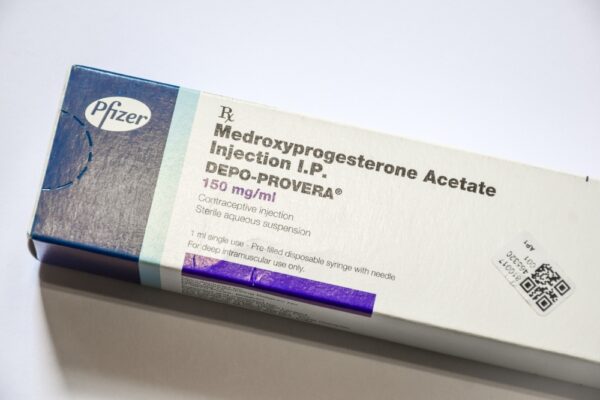While it’s only tangentially related to the Stryker hip recall in the U.S., the medical profession in the U.K. recently got some disturbing news with implications for hip patients in the U.S. In December, the British Medical Journal published an article suggesting that as many as 8% of hip replacements across the board have “no readily available evidence of clinical effectiveness to support their use.” This report, which was based on research carried out at Oxford University, has been published at a time when U.K. citizens have been expressing disappointment in those expected to look out for their best interests – and trust in the system is at an all-time low.
Sound familiar?
In fact, a couple of British news articles mentioned the 501(k) Pre-Approval process in the U.S. that has allowed many manufacturers of medical devices to rush these products to market – simply because they are “substantially similar” to a product previously approved for sale. Sadly, the result of this “quick and dirty” process has been the wave of Stryker hip recalls as well as similar products.
What is interesting about the Oxford study is that one of the authors has received payment from Stryker for delivering a lecture as well as from Zimmer, another manufacturer of faulty hip replacements. It apparently did not stop this author from contributing to and publishing the study, though the Stryker hip recall was not specifically mentioned. The article did however state that the problem may actually be worse than the research suggests.
The Stryker hip recall is a symptom of a much deeper problem – failure on the part of regulators to do their jobs, and a lack of knowledge and education of physicians about the products they are using.













Comments for this article are closed.